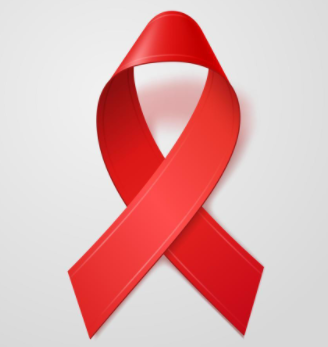The South Sudan HIV/AIDS Commission, through the South Sudan Network of People living with HIV/AIDS (SSNEP) on Tuesday, started a 3-day training of 40 participants in stigma and discrimination management in Kuajok, Warrrap State.
The training, supported by the United Nations Population Fund (UNFPA, aims to train HIV/AIDS clients and bodaboda riders on how stigma and discrimination contribute to the death of HIV/AIDS victims.
SSNEP’s Yohana Mabor who is the main national facilitator said a 2019 research showed stigma, discrimination, and gender-based violence were contributory factors to the pandemic.
“The global research of 2019 has shown that stigma, discrimination, and gender-based violence contribute a lot to HIV/AIDS spreading and the World Health Organization (WHO) came up with a plan of ending the Disease by 2030,” Mabor said. “To do that, there is a need to create awareness among people across ten states of South Sudan about stigma and discrimination.”
He added: “Gender-based violence in its many forms has been found as a major contributor to disease spreading all over the World, including in South Sudan. So, the training is to equip the communities, including nurses, people living with HIV/AIDS, vulnerable groups, and bodaboda riders to have knowledge on how to handle gender-based violence in the community.”
Some of the participants said the training has increased their knowledge about HIV/AIDS and empowered them to fight the disease.
Ajij Nyibol Kon who is living with the disease said she has already learned a lot.
“We gained knowledge. There were things we did not know but the team from Juba taught us. There are some people who say we are infected but the good thing is that we do not have the stigma,” Nyibol said. “I will tell other victims that HIV/AIDS is not stronger than malaria, which can kill a person within days. You can live with HIV/AIDS for a long time if you are consistent in getting medical services and taking your medicine.”
Cleto Lual, another person living positively, is a peer counselor and doubles as the deputy chairperson of people living with HIV, said the training help him understand the disease more.
“We have learned that gender-based violence and stigma kill our people in silence. People are living with HIV/AIDS and they ignore it and the husband fights wife and vice-versa,” Lual said. “So, this training is important because we do counseling in the hospital and awareness to communities about the disease.”
For his part, Rafael Yak, the acting chairperson of the Warrap State HIV/AIDS Commission, appreciated the national commission for extending the training to the state.
“The HIV/AIDS activities are important because it gives knowledge and changes attitudes towards people living with the virus. Unnecessary practices which endanger lives should be avoided,” Yak said. “As the government, we need to encourage such activities to let bodaboda riders and sex workers have knowledge so that they be able to inform their colleagues about the dangers of the disease and how to manage if they have it.”




